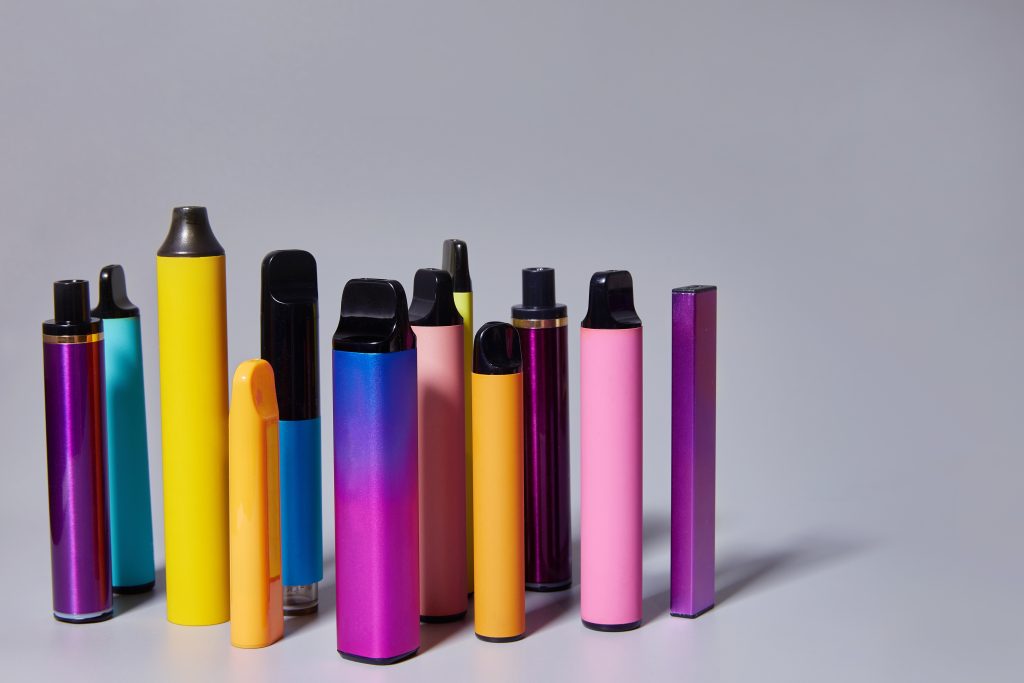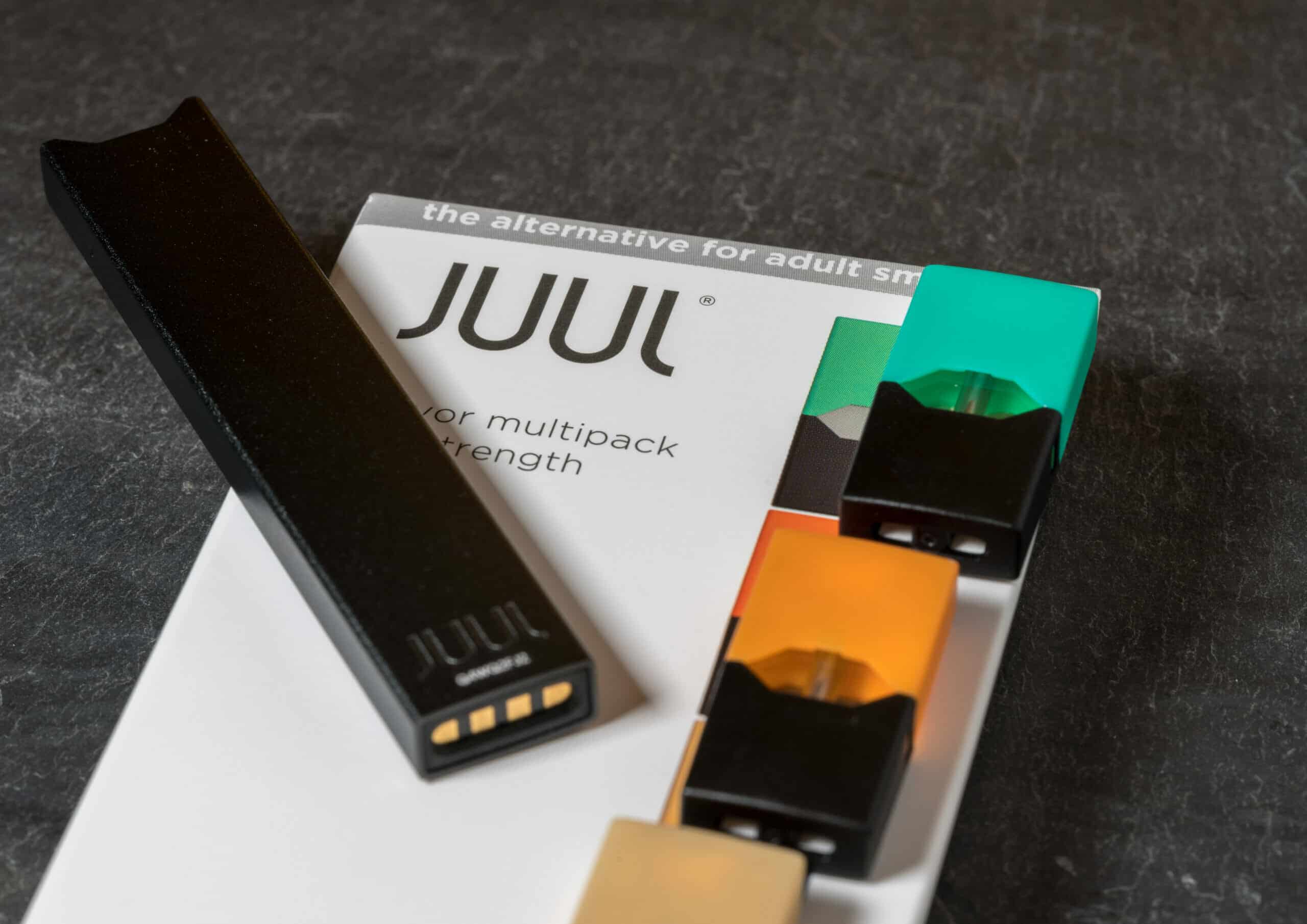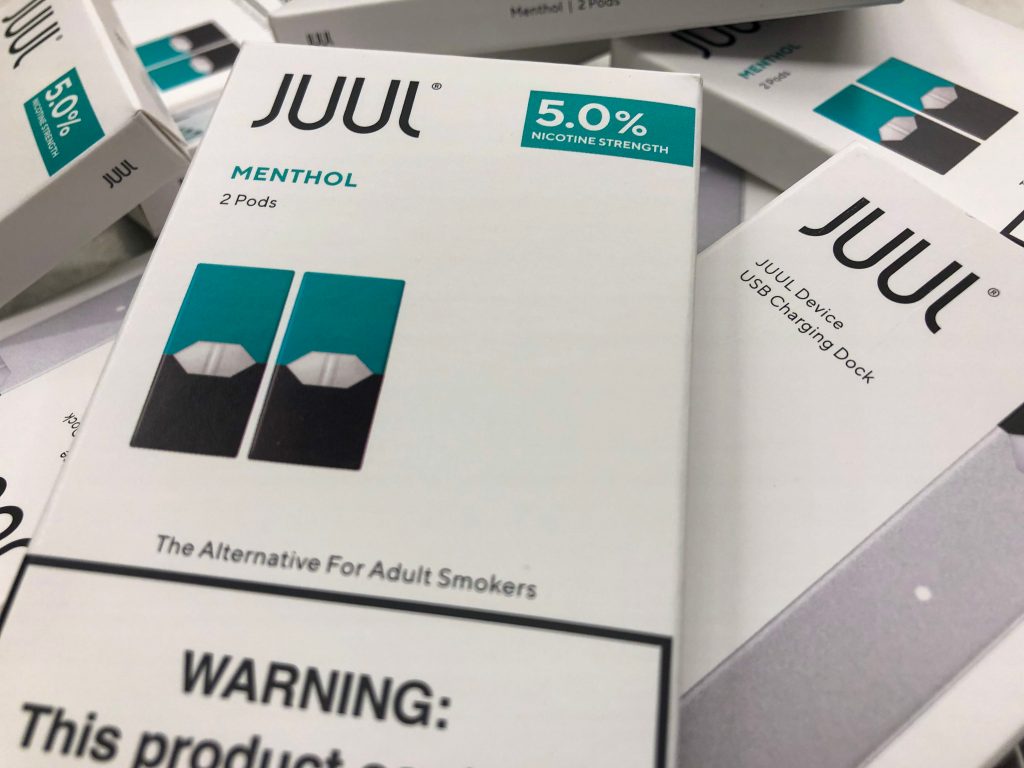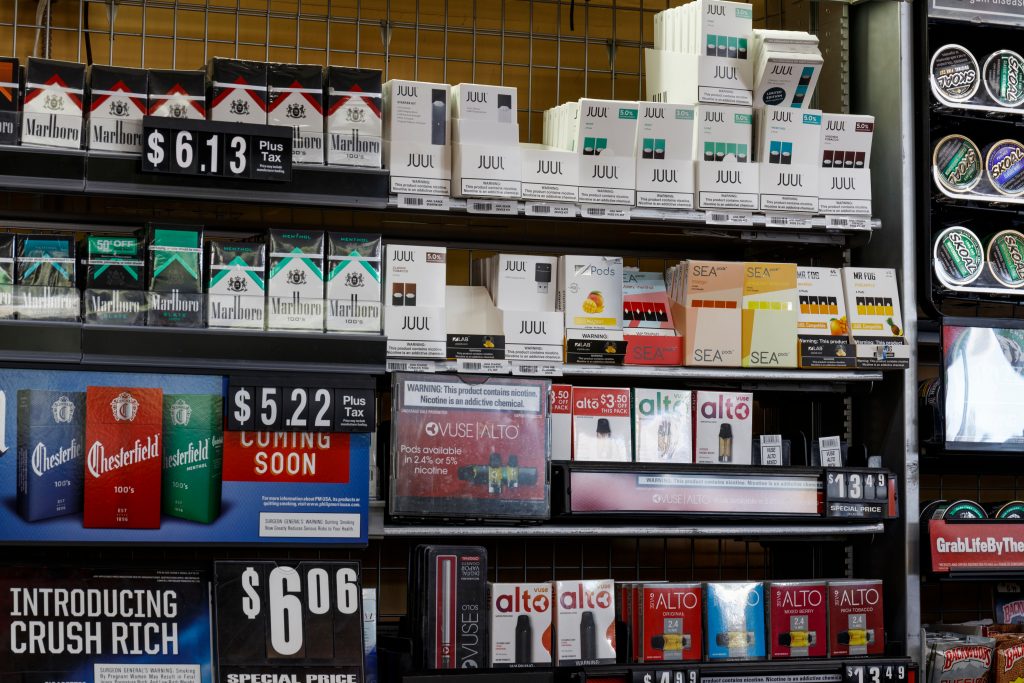On Thursday, May 23, 2022, the FDA issued MDOs (marketing denial orders) effectively ordering Juul to stop selling and distributing all Juul products currently marketed in the U.S.
This includes all products which are currently on shelves, all of which must be removed. Notably, however, the FDA regulation only prohibits the sale, distribution, and importation of Juul products. Individual consumption or ownership is not regulated.
After the FDA conducted an investigation of Juul Labs Inc., they determined that “there is insufficient evidence to assess the potential toxicological risks of using the Juul products.” As such, they have declared Juul products unfit for distribution and sale to the public, especially amid what many are calling the modern epidemic of smoking, only in place of cigarettes, vape pens.
However, this ruling lasted only one day. The very next day, the U.S. Court of Appeals applied a temporary stay on the MDOs administered by the FDA the prior day. This stay allows Juul Labs to maintain the place of their e-cigarettes on the market as they await further consideration of the court’s review decision. The brief cautioned that the stay “should not be construed in any way as a ruling on the merits of that [the prior day’s MDOs] motion.”
Despite the stay, many retailers have already removed Juul products from shelves, effectively instituting it anyway.
In their response to the FDA ruling, Juul argued that their company was unduly targeted in the FDA’s efforts to assign blame for the vaping crisis. Juul claims the MDOs came “after immense political pressure from Congress even though several of its competitors now have a larger market share and much higher underage-use rates.”
In fact, the home page of JuulLabs’ website declares a goal similar to that outlined in their official response to the FDA ruling: “Juul Labs is on a mission to transition the world’s billion adult smokers away from combustible cigarettes, eliminate their use, and combat underage usage of our products.” Calling the mission at hand “urgent,” Juul Chairman and CEO K.C. Crosthwaite emphasizes the intention of Juul products is “only to transition adult smokers away from combustible cigarettes.”
The Juul’s retail site is buffered by an age checkpoint, requiring users to declare they are above 21 years of age––including a requirement that buyers must verify their age––before proceeding to purchase options.
While Juuls dominated the tobacco market in 2015, making up 75% of all e-cigarette purchases for that year, its popularity has fallen significantly: it is only the fifth leading e-cig in the UK as of 2021, and the fourth leading e-cigarette globally. Users have turned to newer, disposable methods of consuming nicotine, including brands like Puff Bar, NJOY, Vuse, and Logic. Interestingly, all of these companies were recently granted market authorization.
In 2020, the FDA declared all “flavored cartridge-based e-cigarettes that appeal to children, including fruit and mint” were prohibited. This was jointly instituted with a policy increasing the purchasing age of tobacco to 21 years old in the U.S.
A study on the efficacy of flavor bans in e-cigarettes found that such state restrictions were “associated with reductions of 25.01% [Washington] to 31.26% [Rhode Island] in total e-cigarette unit sales compared with total sales in states without restrictions.” Curiously, they also found that in Massachusetts, where a complete ban of all e-cigarette products was instituted, there was a 94.38% reduction in sales over a month period.

However, a more recent 2021 Stanford study found that beyond the one-month period, these bans had minimal effects on user consumption of e-cigarette products. Many companies simply circumvented the ban, producing loophole flavors or flavor names that teens and young adult buyers consume with as much zeal as before the ban. For example, “OMG” is orange-, mango-, and guava-flavored, all of which flavors are otherwise banned.
Stanford study lead author Bonnie Halpern-Felsher described the process they were witnessing: “Some young people were still using flavors and products that were purportedly restricted, and even more were using products that were completely uncontrolled.”
In addition to the wide preference for flavored vapes, users are showing a growing inclination toward disposable devices, which many believe to be a shift resulting from the 2020 ban on flavored pods. While the FDA’s ban on Juul products would prevent the sale of Juul products, many smokers have already abandoned the Juul for newer, disposable brands.
Interested in reading more about the latest in drug news? Click here to learn about the latest developments in cancer research, including the new drug that is eliminating 100% of tumors in patients.
















